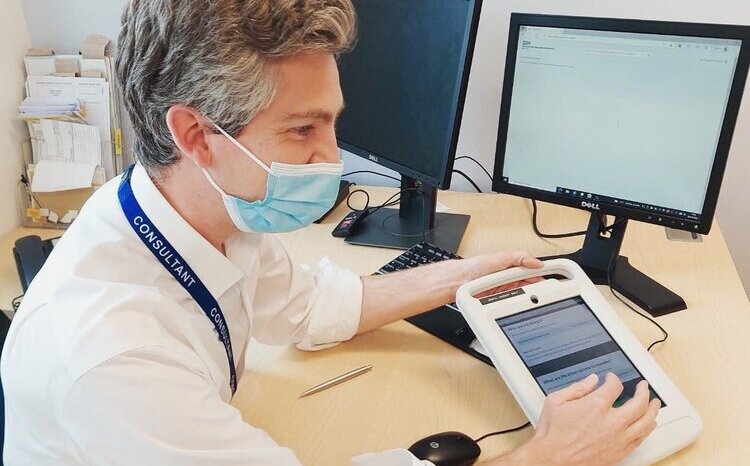GP lead warns on political perils
- 25 May 2006
Connecting for Health GP clinical lead, Dr Gillian Braunold, has challenged colleagues to keep arguments about the minutiae of IT modernisation out of the press and warned that continuing headlines could undermine political confidence.
“Do we have to have arguments about technical issues on the front page of the press?” she asked the audience at the British Computer Society Primary Health Care Specialist Group summer conference.
She suggested colleagues encountering technical difficulties could discuss them in the networks set up to help.
“Raise your eyes above the parapet,” she said. “Sometimes things we do are not easy. We have to make decisions that are not easy for us.”
She said the NHS was a political football and the National Programme for IT was a big slice within that political football. If the headlines continued, she warned “the politicians could lose their nerve.”
New systems were not going to land on GPs’ desks like a spaceship, she said, the process would be gradual. For example, she said: “Choose and Book is not perfect but it’s getting better.”
One of the difficult areas Dr Braunold explored in her presentation was consent from patients for their demographic details, allergies and recent prescriptions being uploaded to the summary care record to be stored on the Spine and shared by authorised users, most commonly in an emergency.
She challenged the British Medical Association GP Committee’s recent decision to recommend explicit, informed consent for using the information – the opt-in approach – and oppose Connecting for Health’s qualified, implied consent model – the opt-out approach.
Dr Braunold told the conference she had tried taking patients through the consent process but found, after three or four, it became rather mechanistic and paternalistic (“You are willing to share this aren’t you?”). Though she acknowledged active, explicit consent was the gold standard, she queried how this process was going to work with 53 million patients in 10 minute consultations.
“Should GPs be doing this? I find that such a challenge,” she said.




